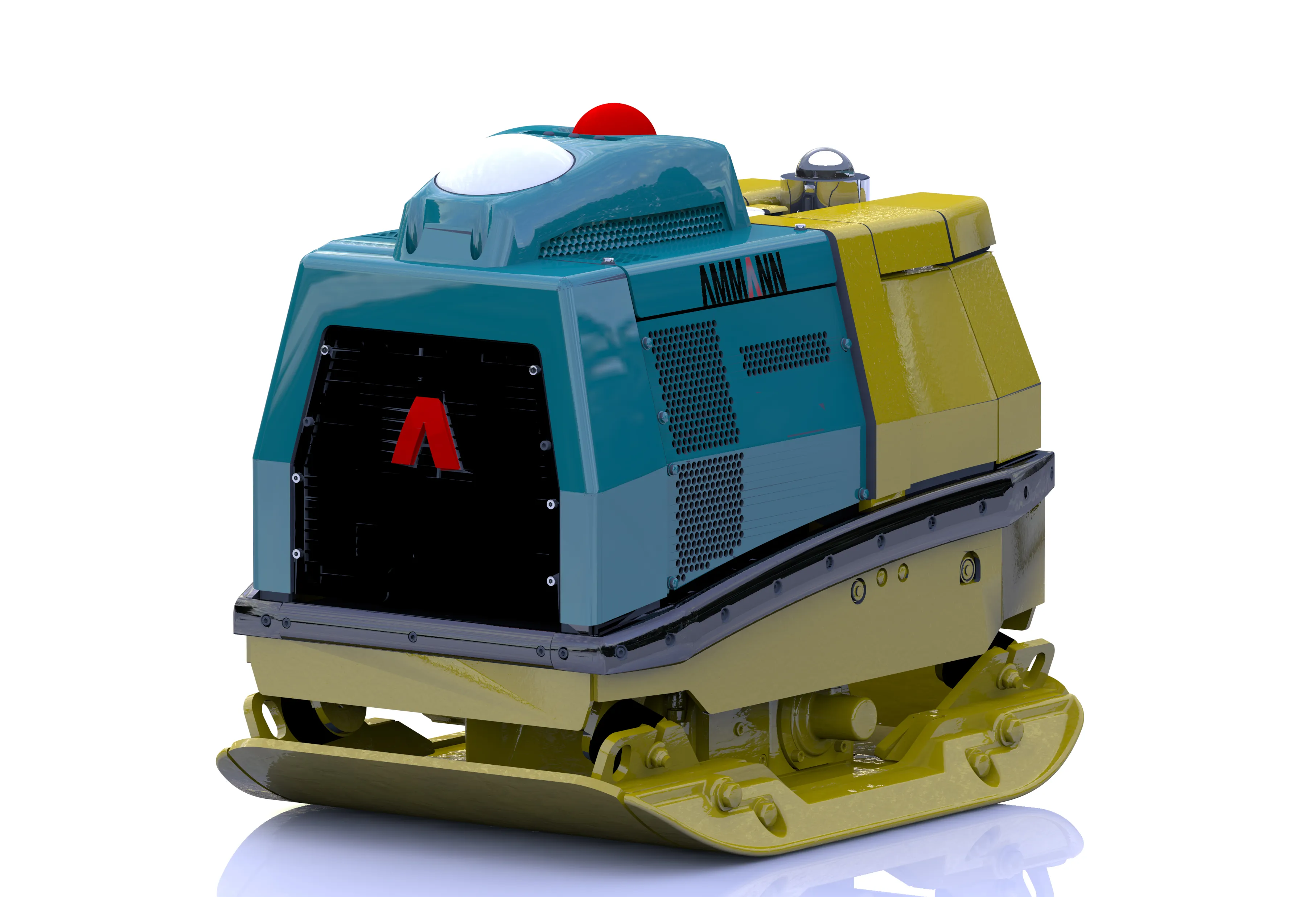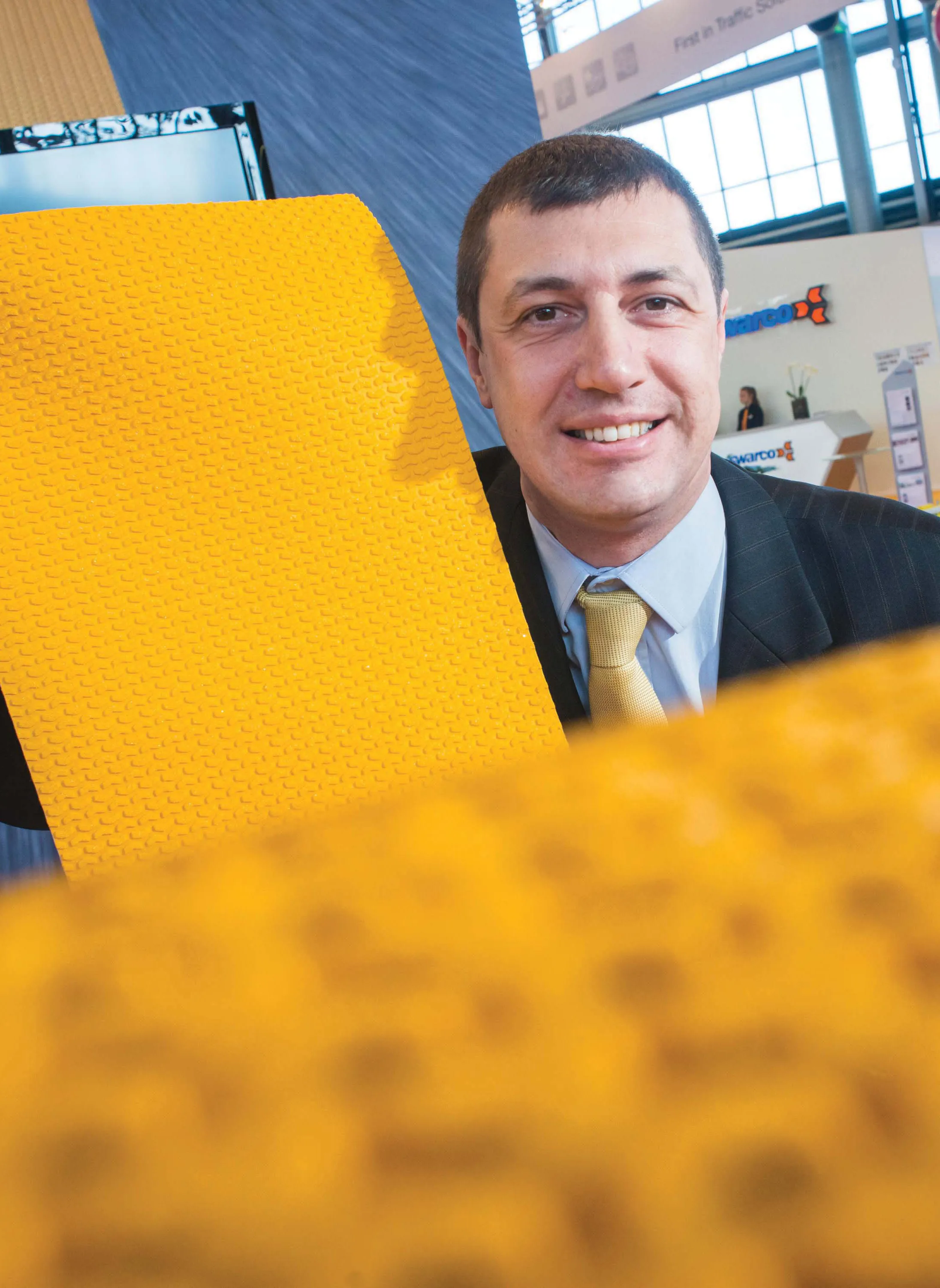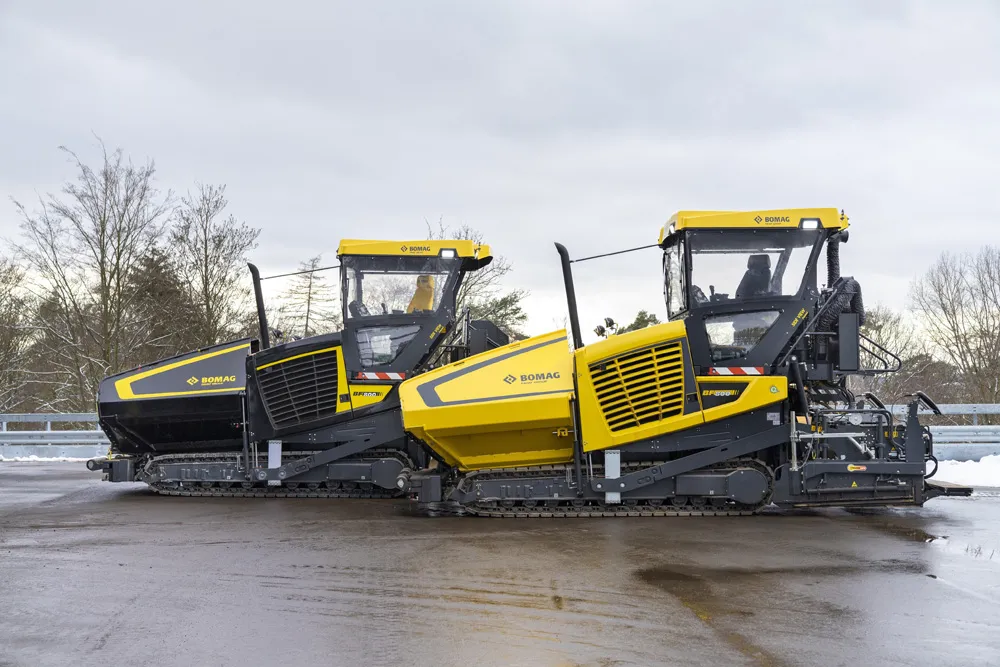Ammann has developed a prototype autonomous vibratory plate. This innovative tool allows fast working in dangerous work areas and has been recognised by the bauma innovation awards for its advanced technology. The plate is said to be easy to use and the operator first sets out the boundaries by remotely navigating the plate around the jobsite perimeter. The compactor is then able to start work on its own in the set area while the operator carries out other tasks. The machine automatically detects the set bo
January 6, 2017
Read time: 2 mins

The company is also offering more conventional plate compaction developments in the shape of its new APF 1133, APF 1440, APF 1450 and APF 2050 models. The firm says that these represent substantial new efforts to send compaction energy toward the materials and away from the operator. The compactors feature Ammann’s patent-pending Z-buffer, which isolates the guide hand from vibration and reduces operator fatigue. The Z-buffer is the key reason operator vibration levels for Ammann compactors are so low.








